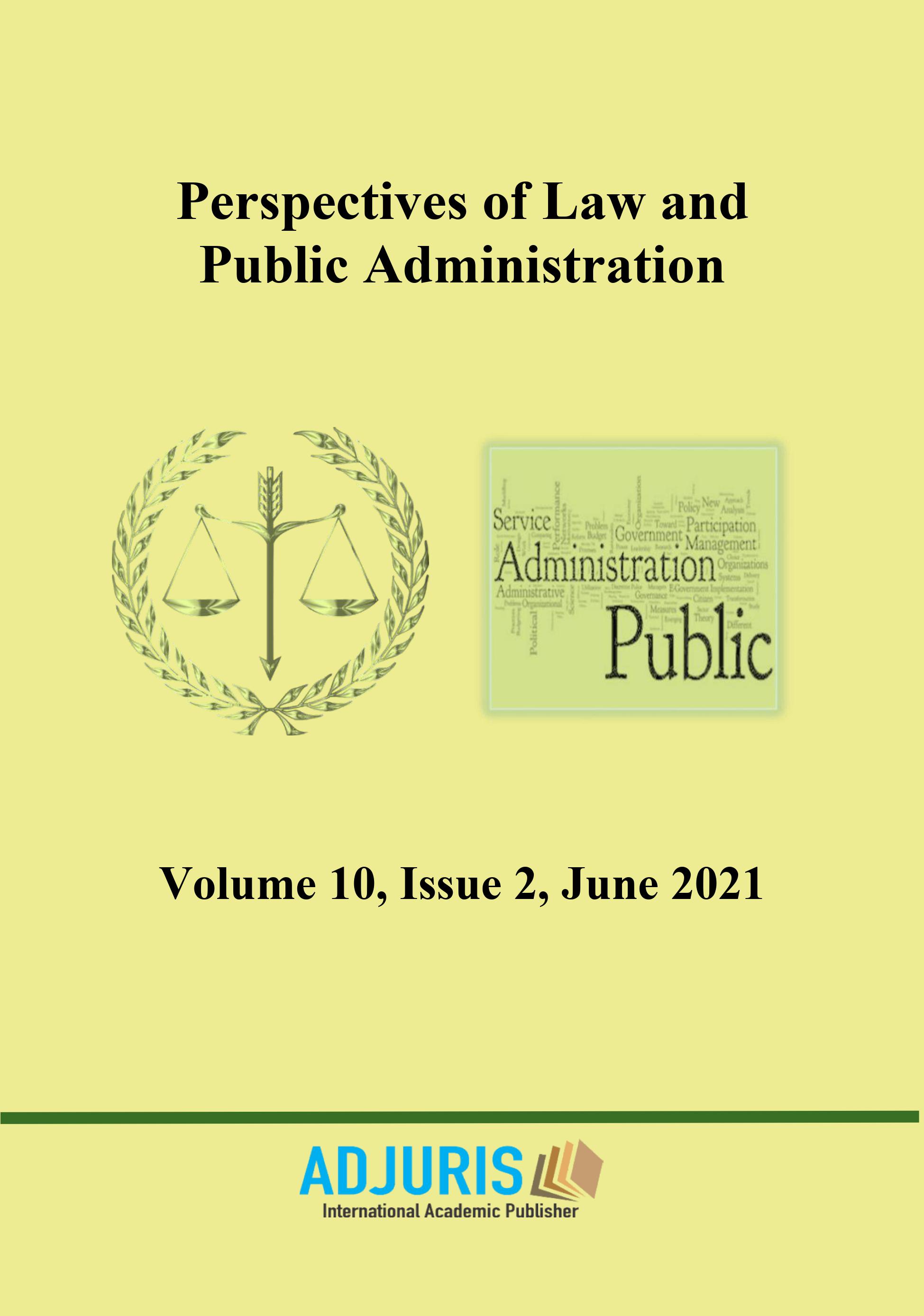FAMILY REUNIFICATION FOR REFUGEES: A COMPARATIVE STUDY
FAMILY REUNIFICATION FOR REFUGEES: A COMPARATIVE STUDY
Author(s): Jean Chrysostome KanamugireSubject(s): Civil Law, International Law, Family and social welfare, Migration Studies, Comparative Law
Published by: Societatea de Stiinte Juridice si Administrative
Keywords: refugee family; reunification; refugee children; unaccompanied refugee children; adoption; guardianship;
Summary/Abstract: Refugees have a potential to separate with their family members when they flee in order to seek asylum in other countries. This often occurs as many refugees do not have time to plan for their flight. Family unit is a fundamental group unit for society and is essential for refugees. For this reason, the refugee status is also extended to family members of a recognised refugee. International refugee law does not specifically provide for family reunification for refugees. However, some international and regional instruments contain specific provisions dealing with family reunification for refugees. States should have a duty to allow family members of refugees to enter the country of asylum for the purpose of family reunification. Furthermore, asylum states should allow refugees to marry persons of their choice and promote the integrity of the family. This indicates that states should provide humanitarian visas to individuals to join their family in refugee matters. Special attention should be given to minor children and unaccompanied refugee children to ensure that they grow in a family environment through guardianship and adoption. This study investigates the reunification of refugees in South Africa, United Kingdom, Bosnia Herzegovina and Belgium.
Journal: Perspectives of Law and Public Administration
- Issue Year: 10/2021
- Issue No: 2
- Page Range: 50-56
- Page Count: 7
- Language: English

